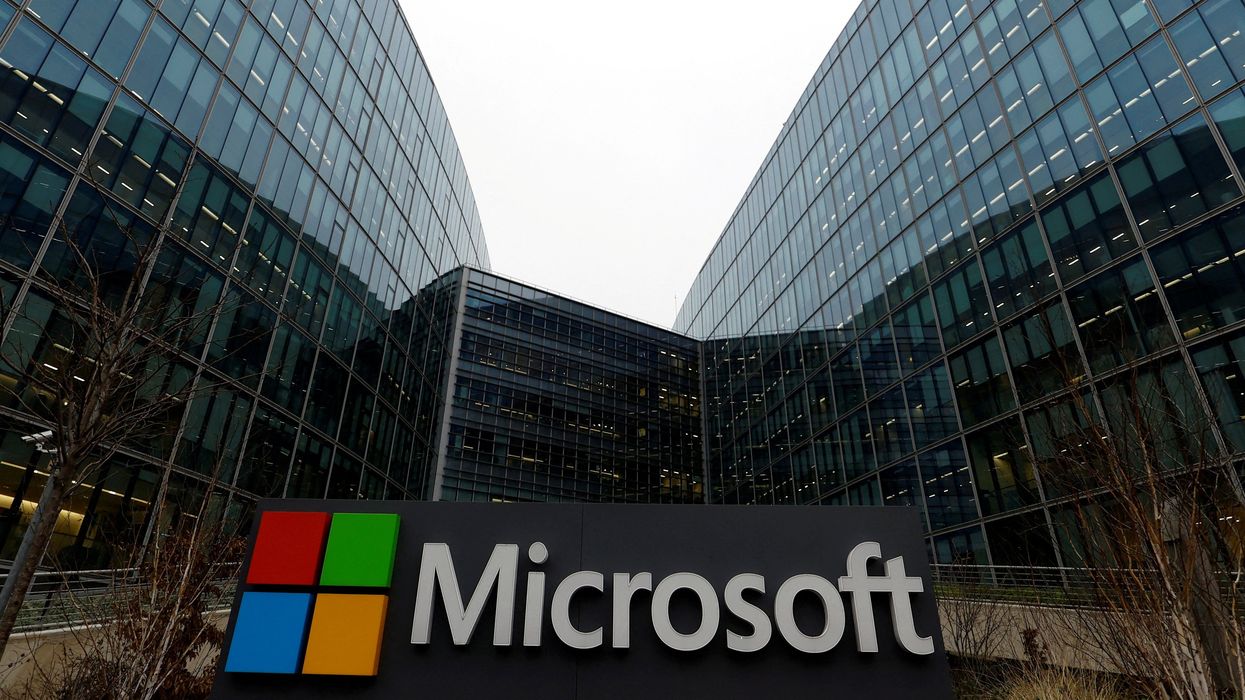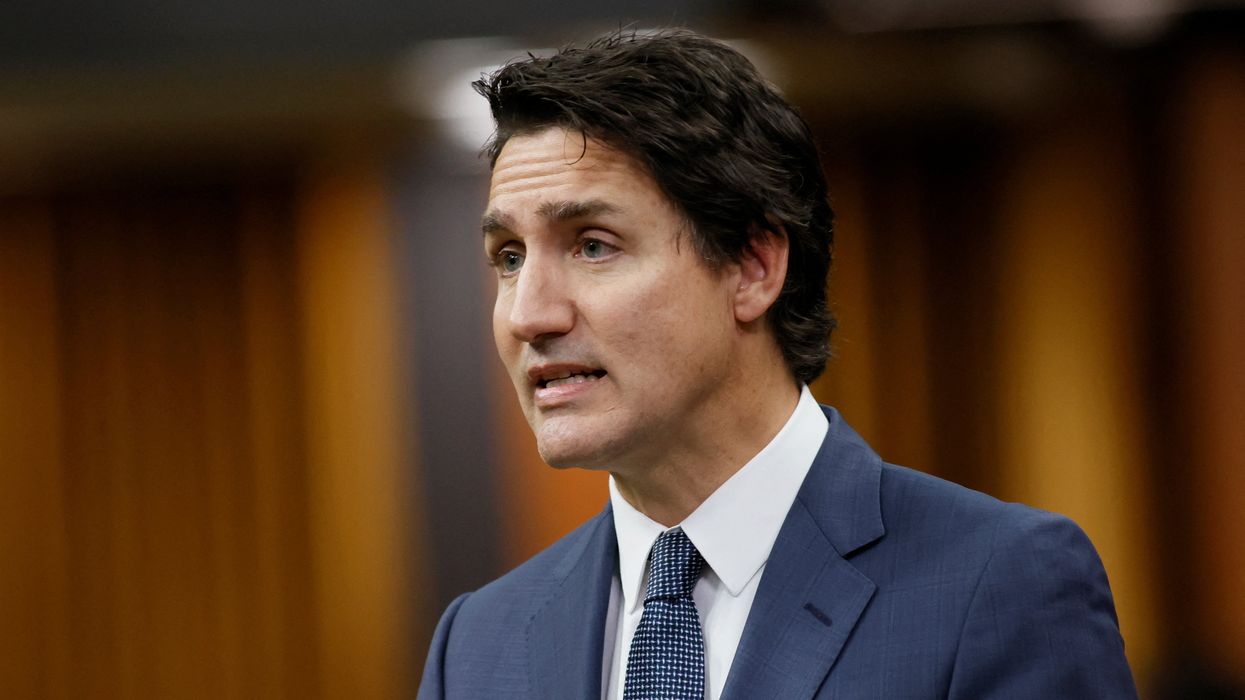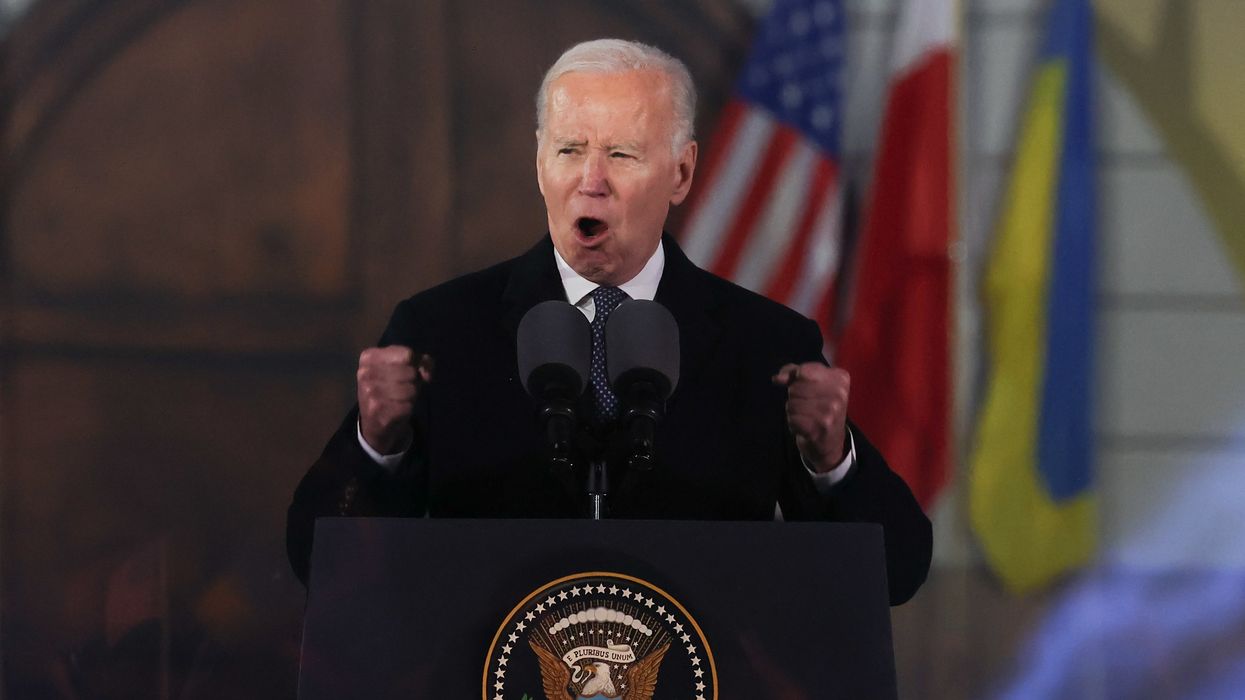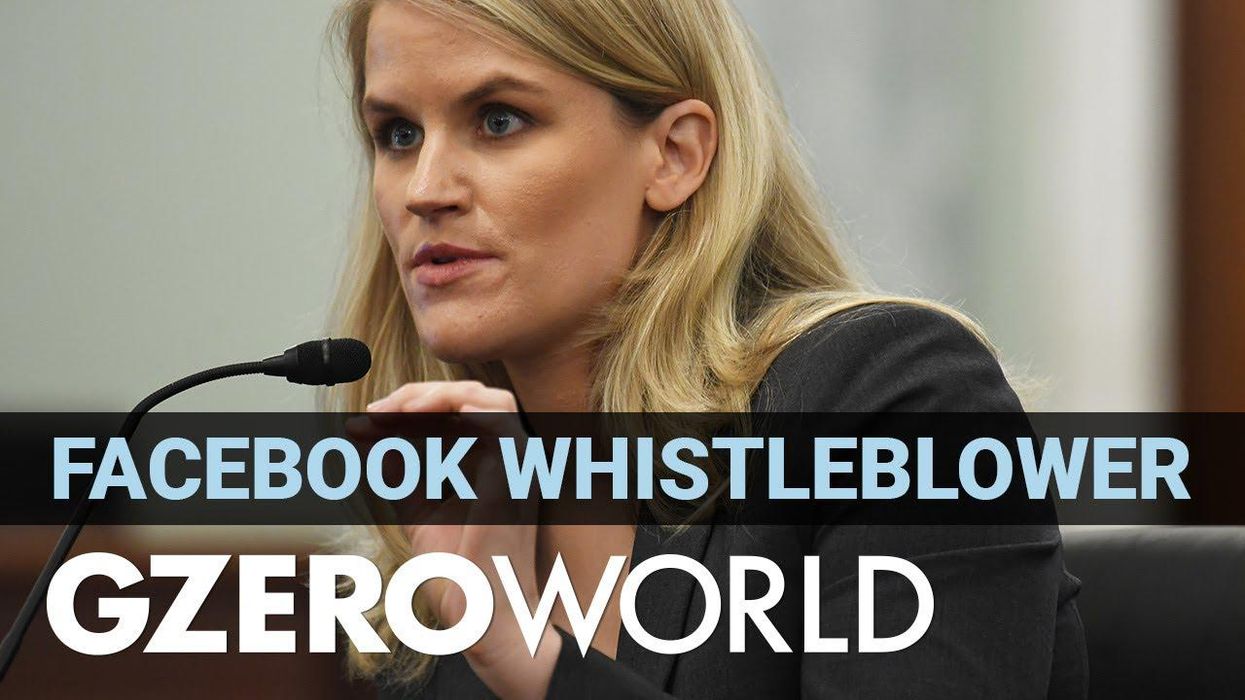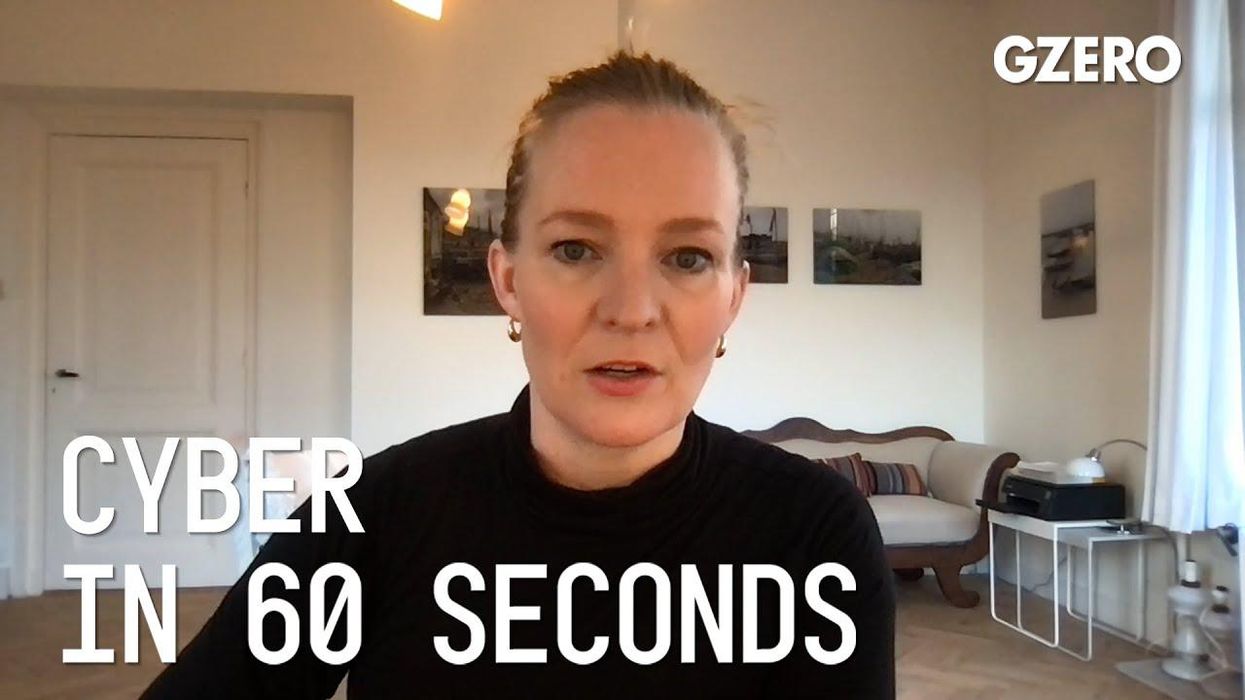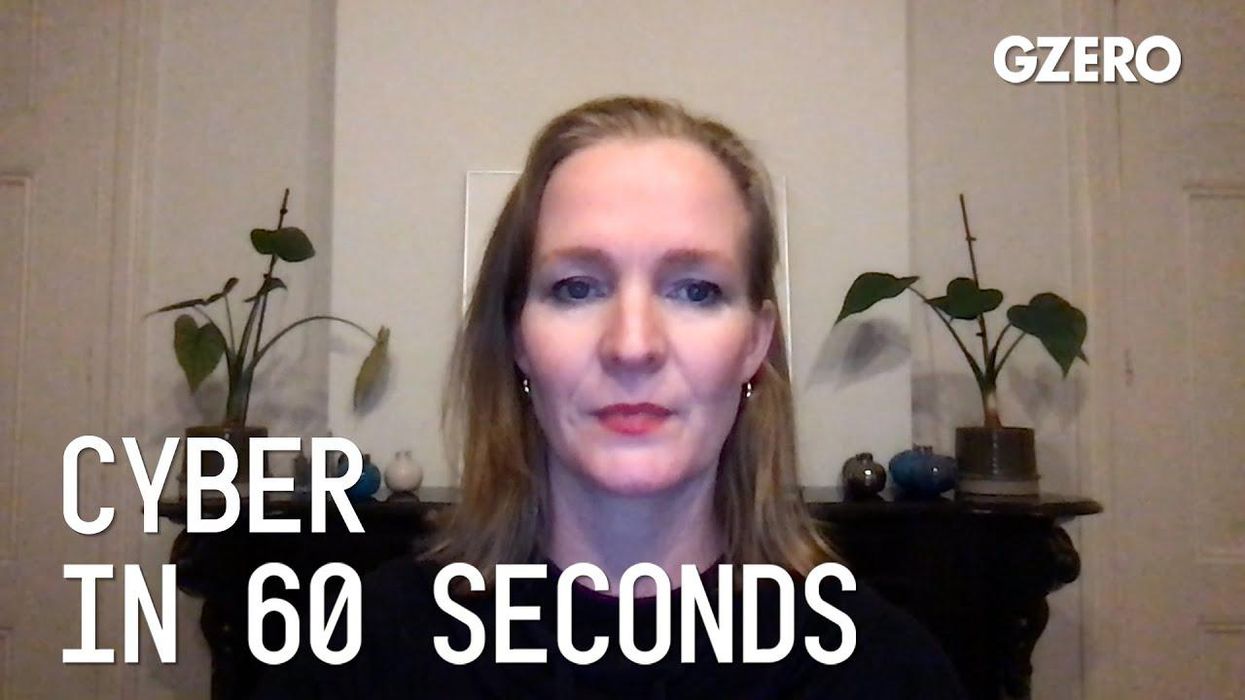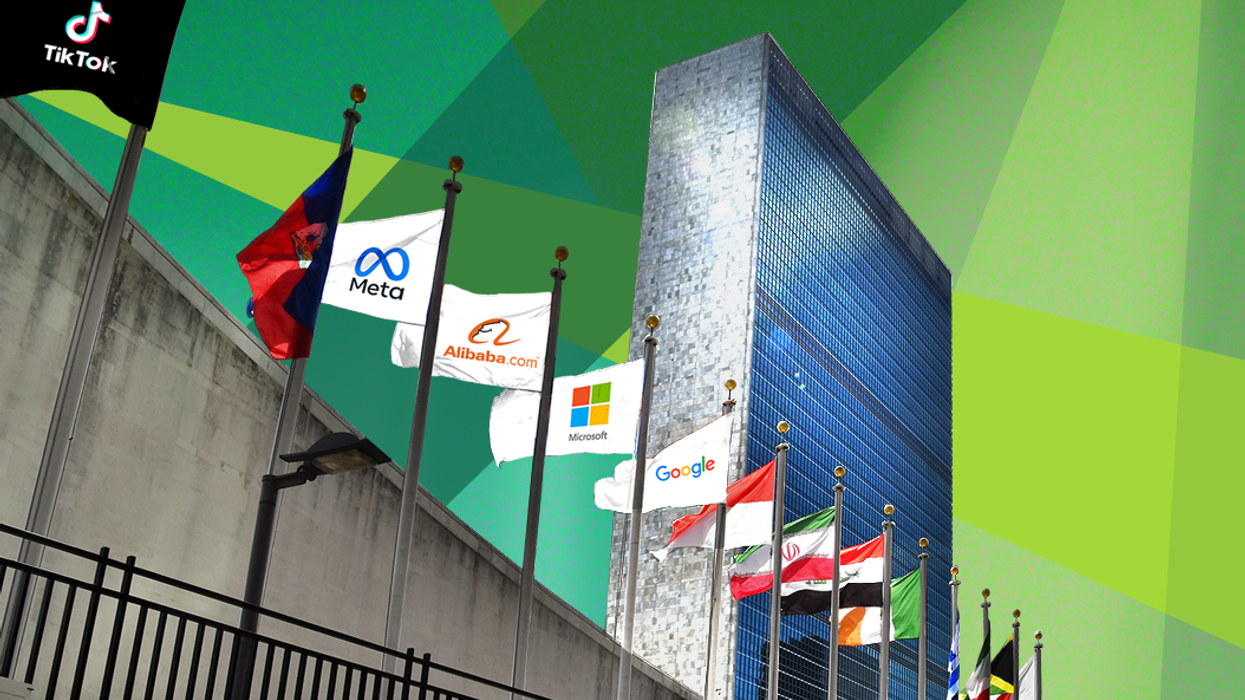GZERO AI Video
Gemini AI controversy highlights AI racial bias challenge
Marietje Schaake, International Policy Fellow, Stanford Human-Centered Artificial Intelligence, and former European Parliamentarian, co-hosts GZERO AI, our new weekly video series intended to help you keep up and make sense of the latest news on the AI revolution. In this episode, she questions whether big tech companies can be trusted to tackle racial bias in AI, especially in the wake of Google's Gemini software controversy. Importantly, should these companies be the ones designing and deciding what that representation looks like?
Feb 29, 2024

